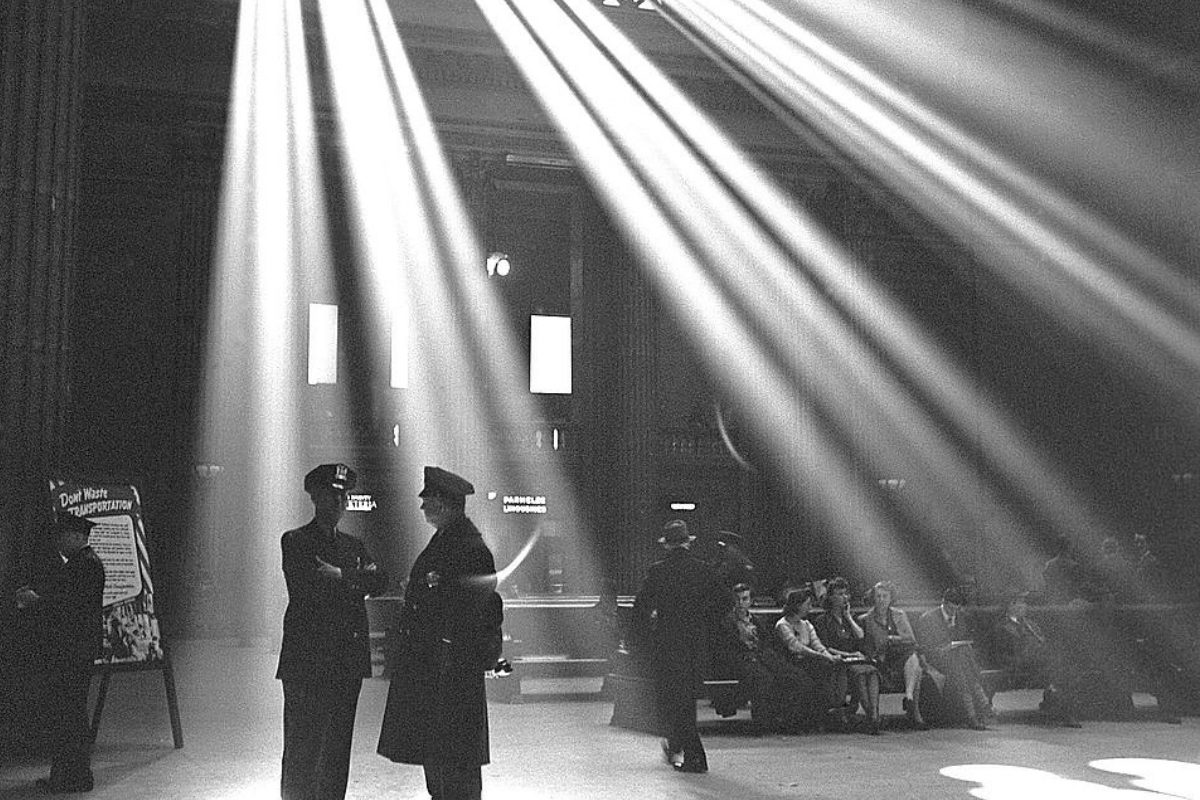“Clutter is the disease of American writing. We are a society strangling in unnecessary words, circular constructions, pompous frills and meaningless jargon.”
~William K. Zinsser, American author & editor
On Writing Well (1976) HarperPerennial, 1994 edition, p. 7






